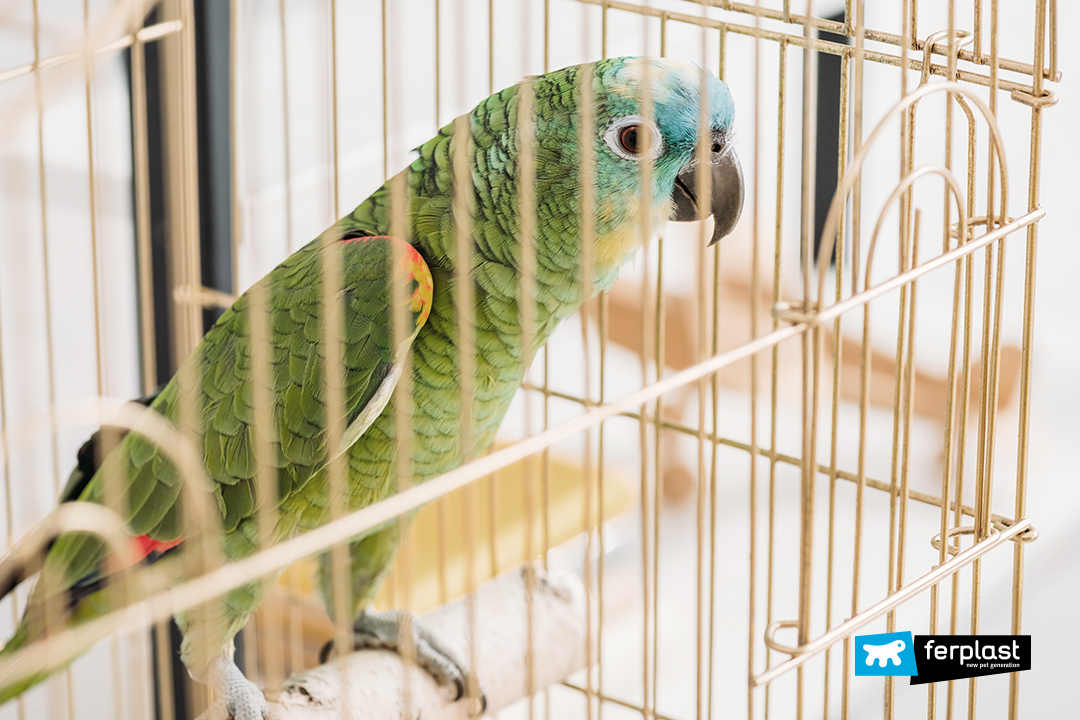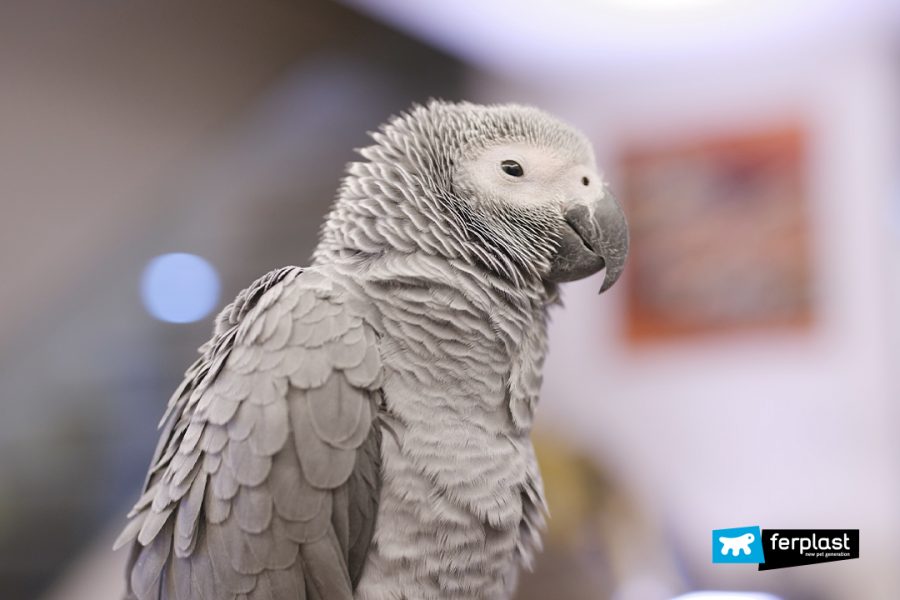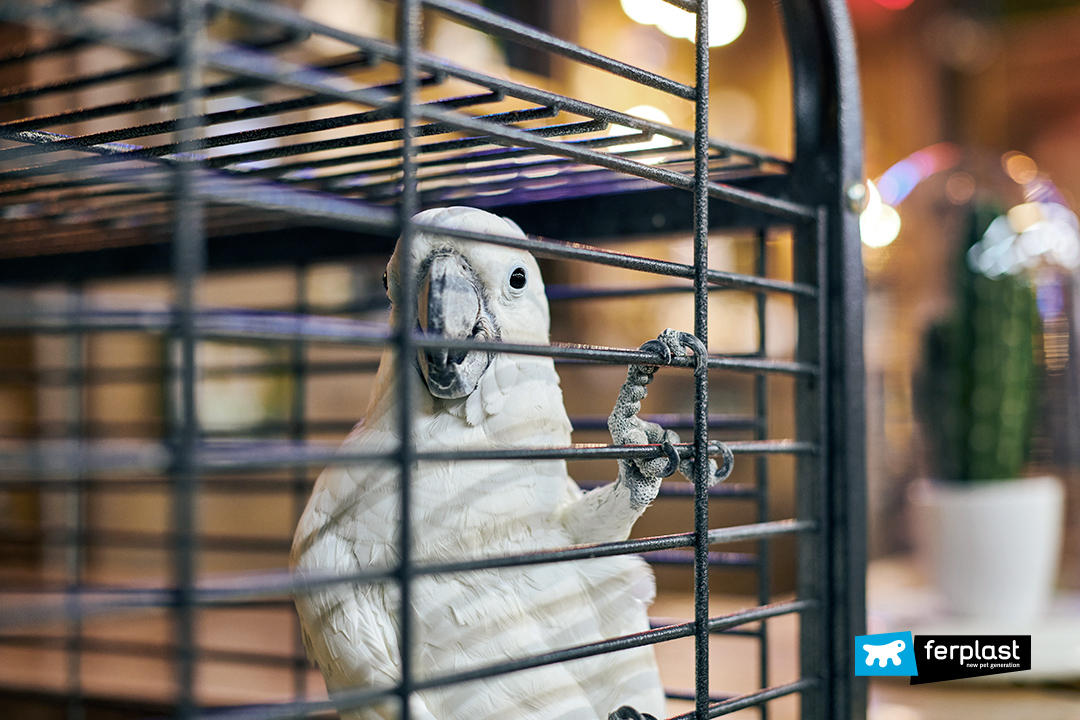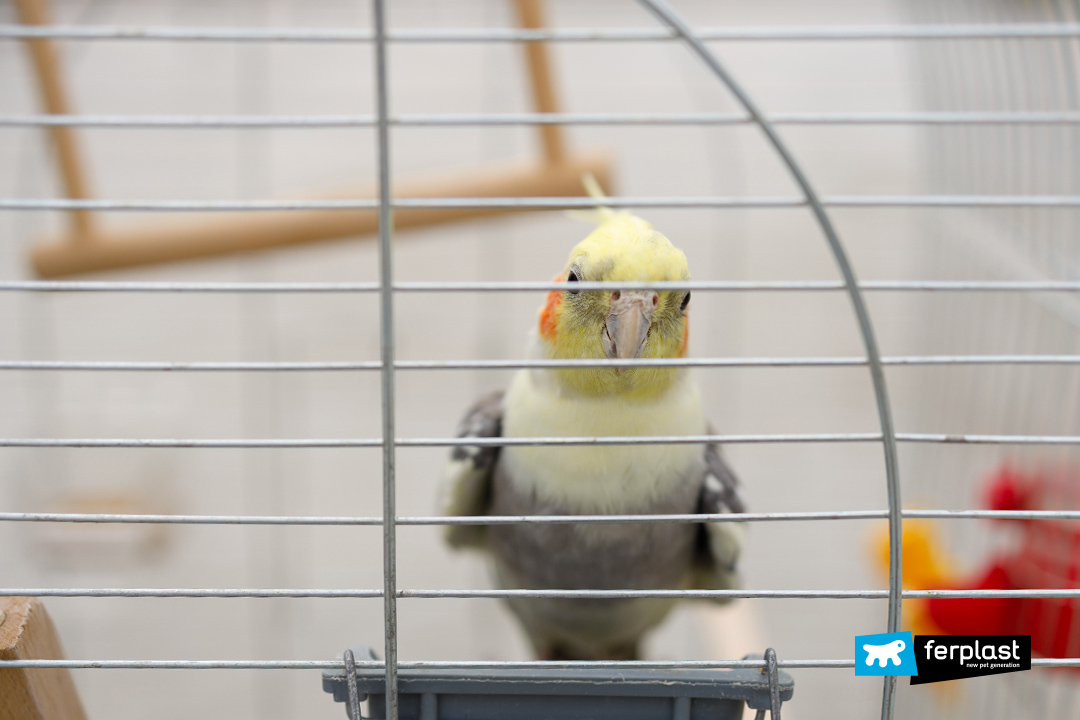Can a parrot suffer from depression? The answer is yes and it is a very common disorder. Birds in general are psychologically vulnerable, although perhaps one could call it ’emotional stress’ rather than ‘depression’.
Parrots are highly cognitive and highly social birds. This is why they are animals that require special attention from their owners, constant stimulation and entertainment.
Causes of depression in parrots
The causes of depression in parrots can be many and varied and depend on psychological factors, but also on issues related to the bird’s health. Here are the most common reasons:
- Separation: Since parrots are animals that enjoy sociality and interaction, they can suffer from depression if separated from their partner or owner.
- External changes: such as a change in temperature or a change in the place where the cage is housed.
- Lack of stimulation: parrots may suffer from depression if not motivated by play or environmental enrichment.
- Sickness or disease: physical well-being has a great influence on their psyche. An illness or disease could cause a depressed state in the parrot.
Depression in the parrot: how to recognise it
There are some alarm bells that can alert you to the state of your parrot’s health. It is always good to observe your pet’s behaviour to pick up on any signs of malaise.
- Horizontal lines on the feathers: these are commonly called ‘stress bars‘ and are one of the most obvious symptoms of depression in parrots. They are mainly located on the wings and tail and indicate a lack of food or the presence of a parasite in the plumage.
- Agitation: if the parrot is often agitated and restless, if it tends to constantly change position and not sit still, it could be suffering from depression.
- Aggressiveness: increased aggression towards the owner or one’s partner can also testify to depression in the parrot.
- Loss of plumage: the dropping or self-removal of feathers is a very obvious symptom of stress in the parrot and can be a sign of depression and malaise.
- Lack of nutrition: if your parrot stops eating and loses weight, it may suffer from depression and stress.
- Fear: Constant emitting of sounds and frequent fluttering of the feathers are symptoms of fear in the parrot. This could be caused by something in particular that frightens the animal or by excessive stress.
My parrot is depressed: what to do?
If your parrot is depressed, you will certainly have to take it to the vet. In the meantime, you can help him through small interventions that may help him and bring him to a state of greater psychological and physical well-being.
The first tip is to try to understand the source of your bird’s stress. Understanding the cause of your parrot’s depression may even allow you to solve the problem in a short time. In addition, it is very important to make his environment as comfortable as possible. Try to reduce noise and lights as much as possible and ensure that his cage is sufficiently spacious, clean and equipped with food, water and small toys.
Finally, try to spend time with your parrot without neglecting him and interacting with him as much as possible.
Depression in parrots is more common than people think. That is why it is very important to create a comfortable and tailor-made environment for these birds by giving them attention and care.




